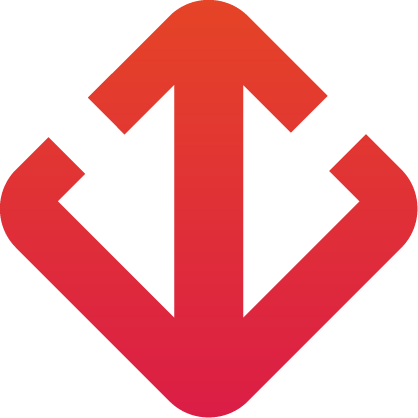15 Jul 2021
6 min
If you own a business, you’ve probably heard of CRM. But, if you haven’t made your choice yet, it’s not too late. Indeed, using a CRM is essential for a business because it will considerably improve your customer relationship and sales.
This tool will facilitate your business follow-up day after day by allowing you to save time. But to reap the benefits of CRM in your business, it will be important to make the right choice. The most important CRMs are currently HubSpot and Salesforce, but which one to choose?
We’ve prepared an article for you to help you differentiate these two business tools so you can make the best choice for your business needs, so don’t wait any longer to read on!
The interface of HubSpot and Salesforce
Before making your choice, it is important to discover the different interfaces of these two commercial tools. Indeed, the interface has much more importance than one might think because it will allow you to easily use your tool.
For example, you will quickly discover that its interface presents you with many features for the Salesforce CRM. Unfortunately, if you do not master the web tools, you will quickly have some difficulty understanding this complete interface. As a result, it could prevent you from taking full advantage of the many features accessible from this tool. We, therefore, recommend the use of Salesforce for experienced professionals who will be able to find the features they need very easily.
On the other hand, regarding the HubSpot interface, the presentation is very different. You will quickly discover a refined presentation that will be much more welcoming to a less experienced person. Indeed, HubSpot is more intuitive, making it a user-friendly tool that is very easy to learn. We, therefore, recommend this commercial tool to people seeking to discover the use of a CRM. It will get you started and familiarize you with a clean interface in the shortest possible time.
HubSpot and Salesforce features
To succeed in choosing the most suitable tool for your business, you will need to choose the one that offers you features that are perfectly suited to your business.
Of course, you will find features common to these two CRMs, such as lead scoring, marketing, and sales automation, social CRM, and various essential features to help you in the sales process.
You will therefore be able to take advantage of basic functionalities which are essential for CRM tools. However, they are not the same!
You will see a difference, especially in the tool used for making appointments. But it will also be important to see that HubSpot’s features are curated for marketers while Salesforce’s features are mostly directed to sales forces.
Therefore, it will be important to identify your activity and your needs to choose the operation that best suits your professional needs.
Reporting on HubSpot and Salesforce
You certainly want to know the differences in the reporting of these two CRMs. While they have some great features, Salesforce reporting is much more beneficial if you need a full function. Indeed, you will obtain complete reports quickly with a fully personalized display for greater clarity, cross filters for exceptional reports, and fully personalized summary formulas. The reporting of this CRM also makes it possible to have instantaneous data without forgetting to consider the various histories.
HubSpot doesn’t offer such detailed reporting, which can be a drag if you’re looking for unparalleled precision.
Personalization on HubSpot and Salesforce
In addition, regarding the personalization of these two CRMs, Salesforce will mainly entrust these functions to an administrator, while the HubSpot CRM will offer you a greater number of personalizations.
Indeed, it will allow you to have better personalization through an individual personalization system. In addition, this will allow you to organize your CRM for easier use according to your needs.
What price for these two CRMs?
Before making your choice, it will be important to consider the price of these two CRMs. HubSpot allows you to take advantage of a free tool over time, but it is also possible to select a paid pack system to gain access to more features. You can therefore inquire about marketing Hub Pro or Sales Hub Pro, for example.
As for Salesforce, you can use it for free for 30 days, and the price will then vary depending on the users logged in and the add-ons you need.
Therefore, it is important to identify your needs before choosing your CRM to find the one that suits you. The budget will also be taken into account without forgetting to study your other possibilities.
Recent
Categories
Subscribe To Our Newsletter
Subscribe to our newsletter and receive a selection of cool articles every weeks






